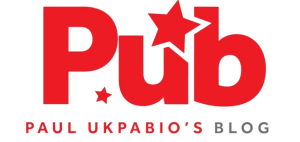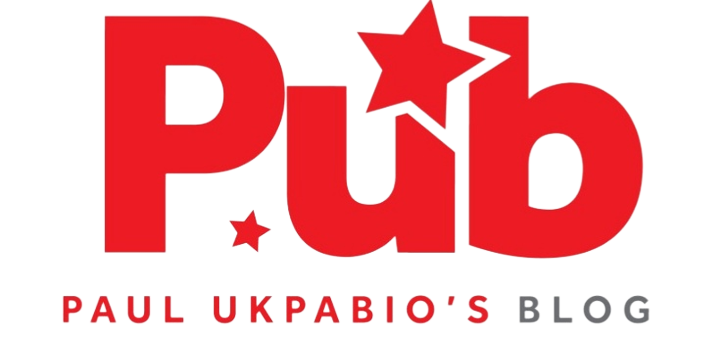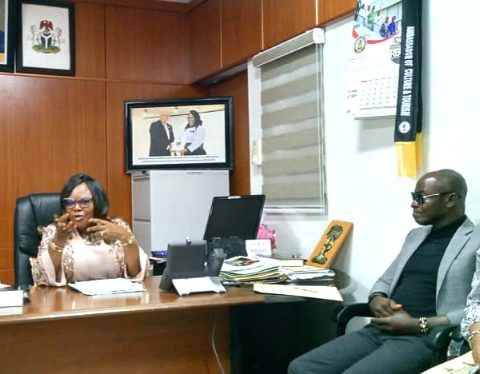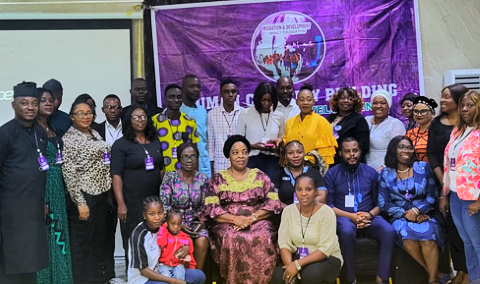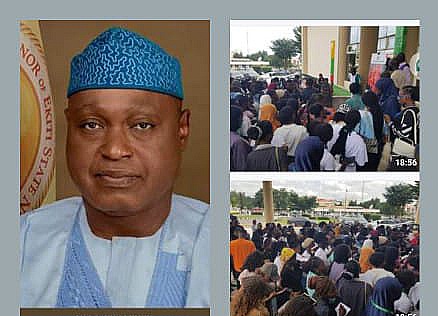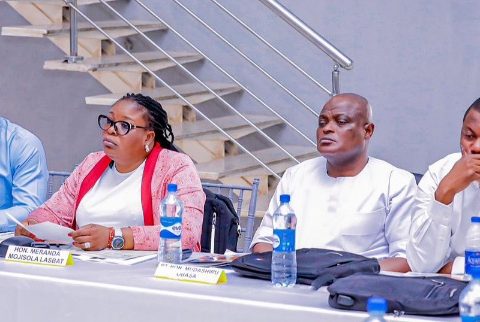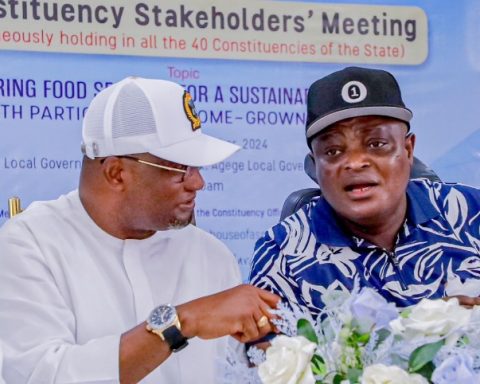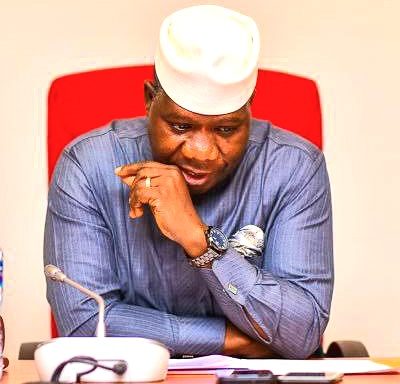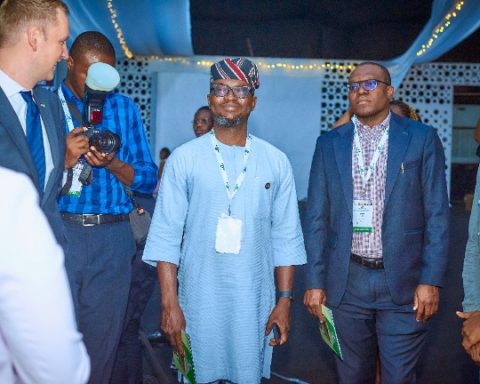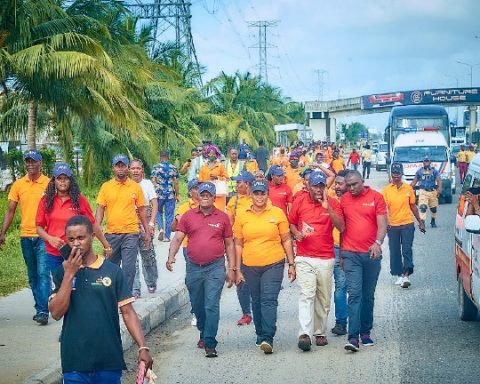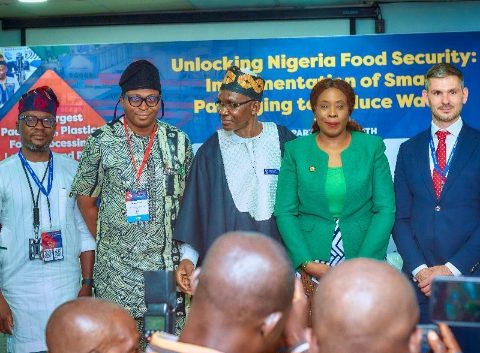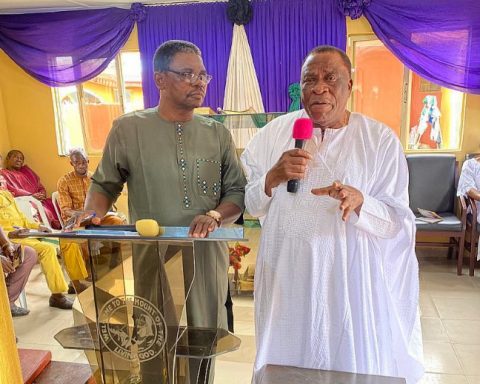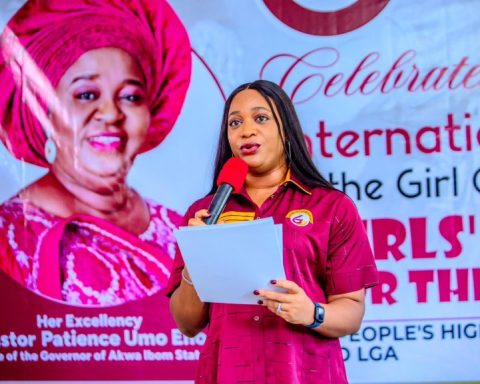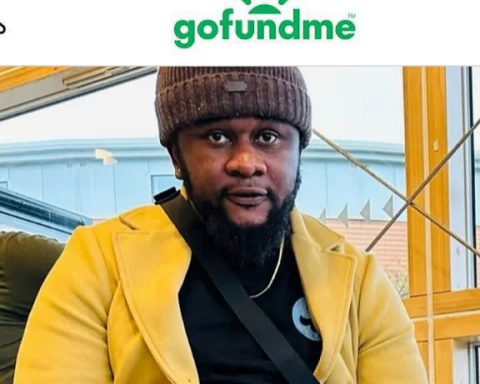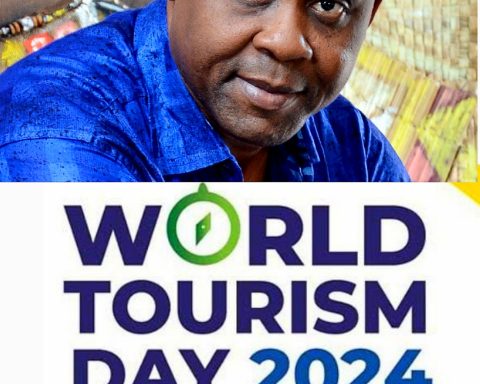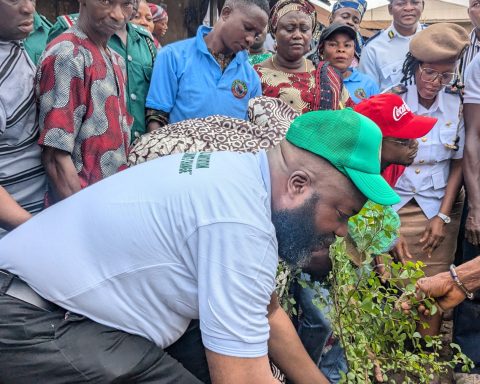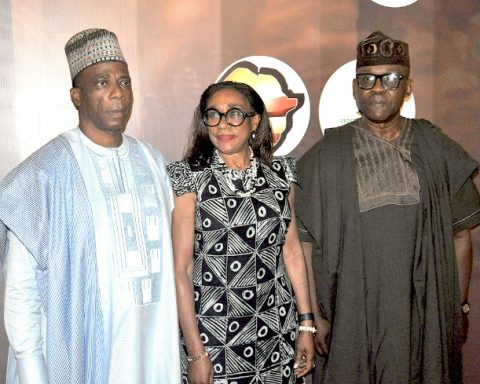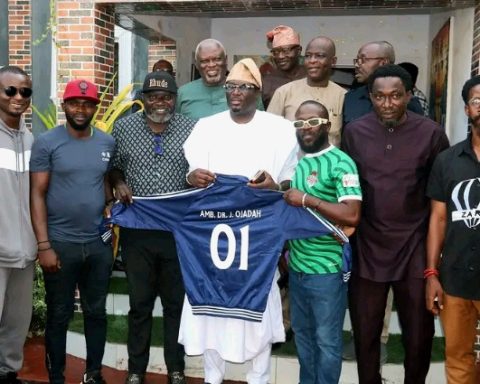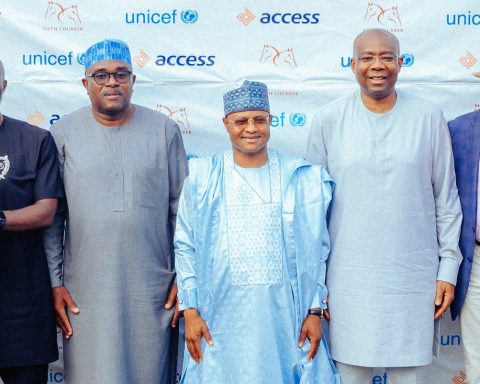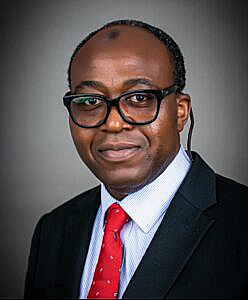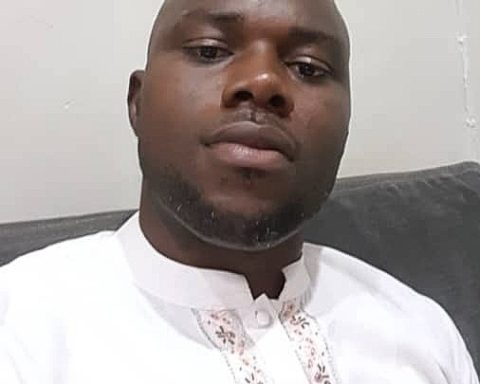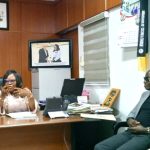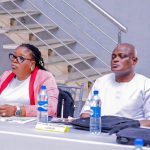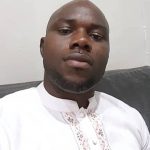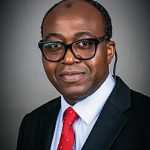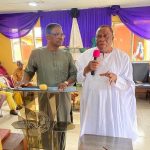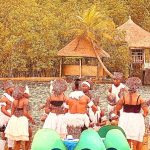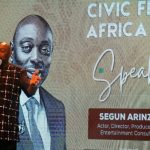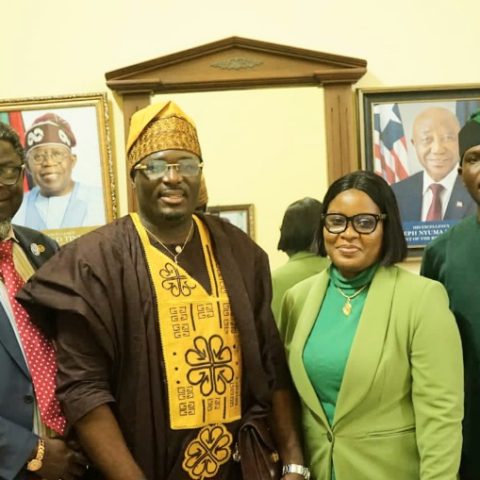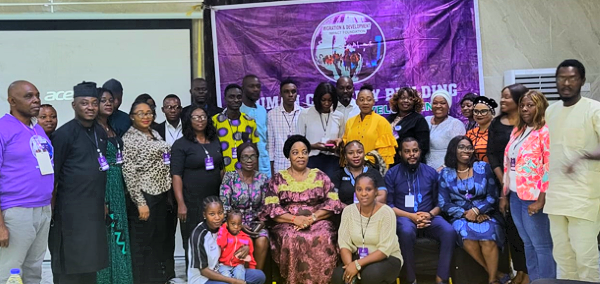
It is not certainly an everyday occurrence for members of the Civil Society Organisations (CSOs) in Nigeria to receive intense training on financial resilience and how to take care of their physical and mental health, taking into account the type of cases, victims and survivors they encounter and handle weekly.Buy vitamins and supplements
Issues relating to migrations and human trafficking are sensitive and they are not just emotionally draining needing psychotherapy for the members of the CSOs, they are also financially draining.
These were part of the reasons that the Chief Executive Director of Migration and Development Impact Foundation (MDIF), Ms Margaret Ngozi Ukegbu, the organiser of the training, decided to walk this mostly uncharted path of training.
The event was held at Lekki Phase1 Lagos State, on the 26th of September 2024 and it was supported by the Ford Foundation.
Incidentally, Ukegbu is the former South-West Zonal Director of the National Commission For Refugees, Migrants and Internally Displaced Persons.
The training runs across financial resilience, the importance of medical and physical fitness, mental health and wellness, and personal security.
Giving welcoming remarks, Ukegbu said that the training was the third edition of the Training of Trainers on Wealth Creation, Financial Resilience and Mental Health Wellness.
She also said: “The essence of this training is for CSOs to be able to look after themselves, we want to teach them how to fish for themselves and then they can teach others.
“Indeed, we received glowing reports from participants after our second edition of Training of Trainers on Financial Resilience, Wealth Creation and Mental Health Wellness.
“According to some participants, following the training, they now know what to do to make money. We then decided to cascade this training.
“When we talk about self-help, we talk about self-care. Financial resilience helps us to survive in the work of CSO.
“Also, our security is important. We know to be conscious of our security to be able to look after ourselves.
“The greatest challenge of nongovernmental organisations is how to survive and the sustainability of their businesses.
“Someone will get a grant but will not be able to manage it and soon they won’t be able to pay salaries. I thank the Ford Foundation for making this programme a reality.”
A wealth creation coach, Mr Tosin Sotande said that human beings by their nature should be able to learn new things, new methods of doing things and open up to new opportunities.
He also said that people should begin to ask themselves valid questions like, “When we retire, what is going to be our sources of revenue? Inflation is increasing, what can we do to have financial resilience? Anything can happen tomorrow, how can you be financially resilient in the face of health challenges? Being financially resilient doesn’t mean you have to be rich.”
Sotande said that small differences in ability could lead to a large difference in results. This, he said, could be applied to financial plans and efforts.
He stated that people could attain the winning edge through discipline, removal of distractions, waking up earlier than others to work, and putting more effort into planning and sacrifices.
He suggested that participants should begin to think about going through financial circles, for instance, save, donate, invest and spend.
His words: “It is important to save, but we need to use it for investment. If you don’t use it, inflation may gulp it.
“Your savings can be turned into an investment. You don’t need to be on a fat salary to be able to save and invest.
“Even people without education, plan and invest, for instance, a woman that sells fish in a community was able to save and build a house, another was able to invest in forex and one day, she said it was over 30,000 dollars.
“They applied the principle of financial or wealth creation. Your basic needs should come from 50 percent of your income, while 20 per cent should be for your savings and investment.
“You need to start thinking of what you can do to be a producer rather than a consumer. Position yourself to be able to get money from over 200 million Nigerians in Nigeria.”
Sotande said that providing a solution to a particular pain point or problem in one’s life was a business opportunity.
He urged the participants to always ask themselves what they could do to solve a problem.
He further stressed: “You can create a business out of a challenge. You don’t have to be a genius to be able to add a new feature to an existing product, which will attract consumers.
“Just upgrading a menu can improve patronage. Focus on improving skills to improve increased revenue.”
Speaking on The Importance Of Medical And Physical Fitness, Dr Ezugu Onyinyechukwu said that even people working in the corridors of CSOs needed to be health conscious and go for annual check-ups.
She explained that checking blood pressure should be at least twice a week, especially when one is above 40 years.
She emphasised: “Check your liver and kidney. Body fat can affect our health and being overweight and underweight is a problem.
“Just because you are using prescription glasses, doesn’t mean you should stop going for eye check-ups.
“You also need to go for a dental check-up. Medical check-up helps us to be productive and healthy.
“It also helps us to have early detection of diseases. To be engaged in physical activities, you need to be medically fit.
“Medical check helps us to be more confident. You should learn to carry out simple exercises at home. Obesity can cause cardiovascular diseases. Exercise helps us to burn calories, to be fit.
“Nigerians slumping and dying these days could be related to cardiovascular diseases. Exercising can help anxiety and depression.
“Exercise three times a week, and exercise helps in releasing hormones that make one feel happy, and help one to sleep well.
“Let your exercise be consistent, don’t start and relapse. You can dance today and do rope skipping tomorrow. Let the exercise be in moderation.
“You also need to look at your food. Once you get to 40 years, begin to look at your lifestyle, even sleep patterns can affect your health and stress can lead to weight gain and it makes you want to take too much sugar.”
Dr Chinyere Okonkwo, while speaking on Mental Health and Wellness, said that mental health means mental wellbeing, physically and emotionally.
She added: “Mental wellbeing means you can be able to contribute, be productive. It is a feeling of having achieved everything you desired, the ability to feel good about yourself, and your environment.
“To have good mental health, we need three things, the way we think, feel and how we cope with our daily lives. We need a certain level of stress to be productive.”
Okonkwo stated that signs of mental health issues at the workplace could be noticed in a decline in a person’s performance at the workplace, difficulty concentrating and brooding, changes in appetite or sleeping patterns, changes in mood, loss of interest in activities, undue fear or nervousness, increased sensitivity, unexplained aches, and pains.
“These pains can be psychological. If it is psychologically based, no matter the medical tests carried out, you’ll never find anything wrong with the person, unless the person deals with that psychological problem. There’s a relationship between the body and mind.”
Okonkwo also mentioned that ways to maintain workplace well-being are to reach out to colleagues, friends and family members, connect with people, participate in social activities, join support groups, prioritise tasks, break tasks into small bits, delegate responsibilities, do things that make one happy and eat healthy meals.
“Remind yourself about the good things you’ve done and achieved, Don’t worry about things you cannot change. Always learn to let go. Forgive people and forgive yourself. Do not bottle up many problems, learn to share your problems with people,” said Okonkwo.
Victor Igberaese, while speaking on Business Plan Development urged participants to seek something that could help them in achieving their aspirations.
He added that once they found that “something,” they must not waste time to take action on it, because, “time is a precious asset, once you miss it, you cannot get it back.”
Just like Sotanda, Igberaese suggested that it was important to identify the needs of people or consumers and key into those needs.
According to him, everyone should cultivate discipline in saving and must understand the importance of little beginnings.
His words: “All the big shots you see and hear of today, started small and then grew their businesses. You must learn to adjust and adapt. Leave the wants, and face the needs, which is food.
“However, priorities might be different. Planning is everything and it should be continuous. Teach your children how to save and invest, and do not be nice with money.”
The excited participants were issued certificates of participation.
-Culled from the eagle online
